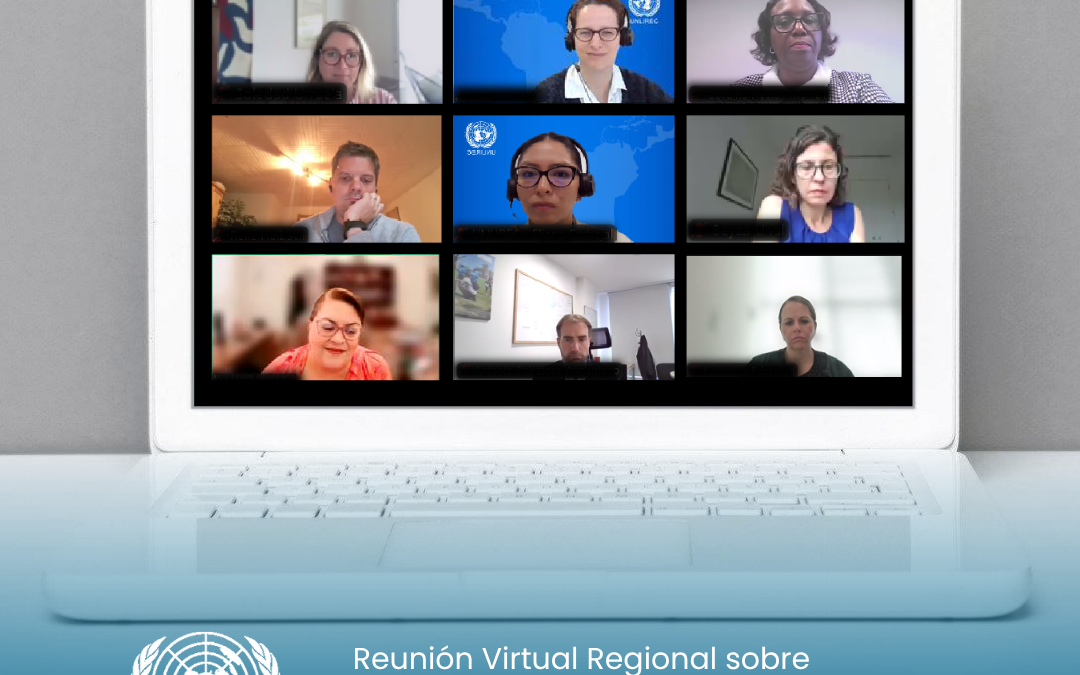On 12 September 2025, the United Nations Office for Disarmament Affairs (UNODA), in collaboration with its Regional Centre for Peace, Disarmament and Development in Latin America and the Caribbean (UNLIREC) convened a virtual Regional Briefing on Security and Technology in Latin America and the Caribbean. Theevent served as a preparatory dialogue ahead of the eightieth session of the First Committee of the United Nations General Assembly.
The briefing brought together government representatives from 29 States across the region, including national focal points on disarmament, security and technology experts based in capitals, and delegates from Permanent Missions to the United Nations in New York. Participating States included: Antigua and Barbuda, Argentina, Barbados, Belize, Bolivia, Brazil, Chile, Colombia, Costa Rica, Cuba, Dominican Republic, Ecuador, El Salvador, Grenada, Guatemala, Guyana, Haiti, Honduras, Jamaica, Mexico, Nicaragua, Panama, Paraguay, Peru, Suriname, The Bahamas, Trinidad and Tobago, Uruguay, and Venezuela.
The session provided a platform to exchange views and concerns on the rapid evolution of science and technology and its impact on international peace and security. Discussions covered both political processes and substantive issues on information and communications technologies (ICTs), the proliferation and misuse of armed uncrewed aerial vehicles (UAVs), and the application of artificial intelligence in the military domain.
Regional experts, alongside representatives from the United Nations Mine Action Service (UNMAS) and UNODA, explored the implications of emerging technologies for regional and global security. UNODA also shared updates on ongoing multilateral discussions, noting the growing momentum among States to address these challenges collectively.
Delegations emphasized that emerging technologies are reshaping the security landscape in Latin America and the Caribbean. The region is facing the misuse of armed drones, rising threats from cybercrime, and the integration of artificial intelligence into daily life and defense systems. Participants underscored the importance of sustained regional dialogue and cooperation to address these evolving challenges.
As reflected in the Pact for the Future, adopted by UN Member States in September 2024, there is an urgent need to harness the benefits of new and emerging technologies whilst mitigating the risks associated with their misuse. This commitment is also evident in the growing number of intergovernmental debates and First Committee resolutions on those issues.

